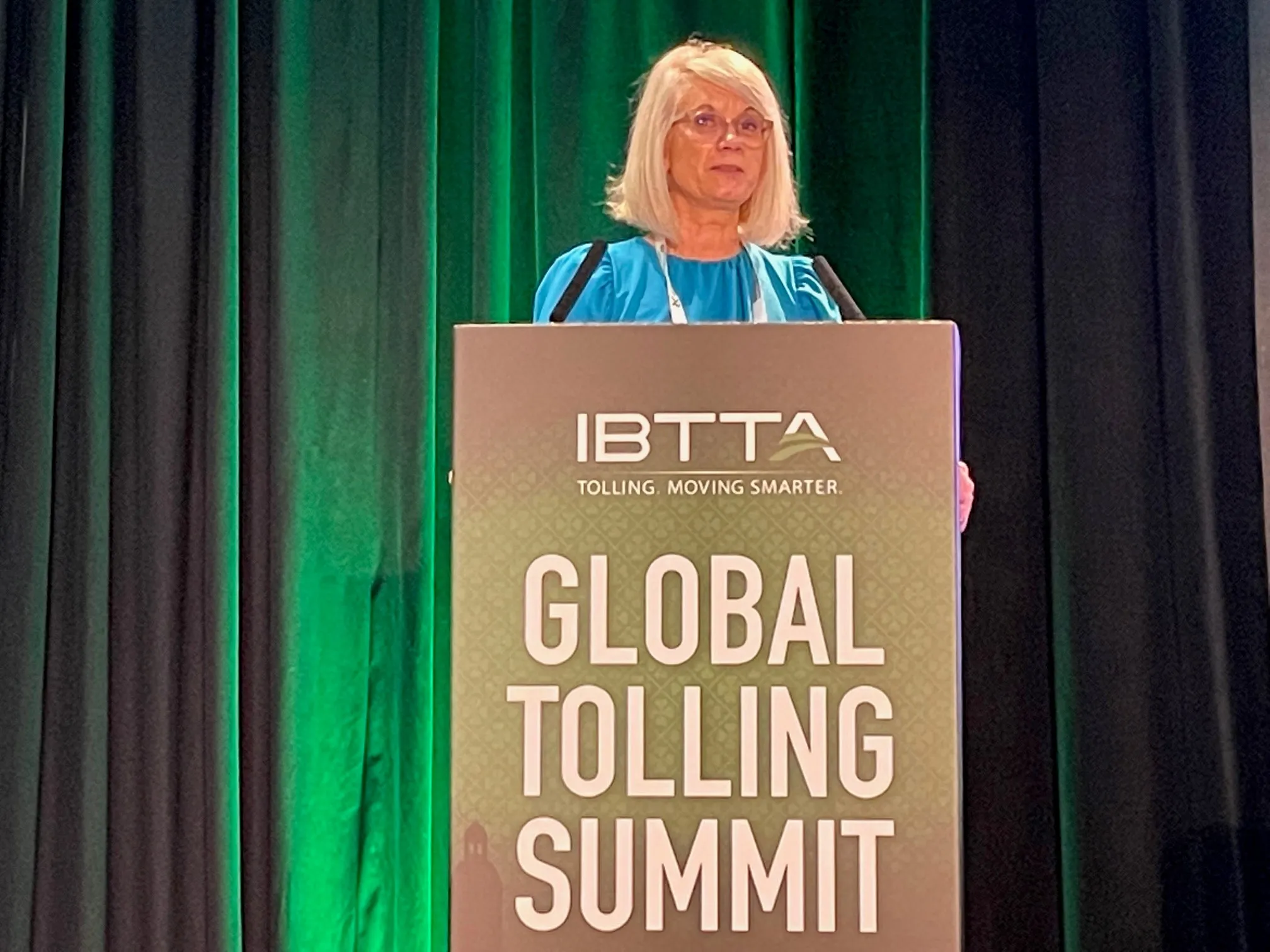
Road user charging (RUC) has the potential to be key in getting people out of their cars, encouraging modal shift and decarbonising Ireland's road network.
That was one of the observations from Geraldine Walsh, head of RUC, Transport Infrastructure Ireland (TII), on the first day of IBTTA's Global Tolling Summit in Dublin during a session on equity of access to transportation services.
Running through the Bruce (Better Road User Charging Experience) project carried out by TII, Walsh said there was no desire to add to Ireland's existing motorway network.
Instead, new ways of handling capacity issues must be found, she added.
"Political and public acceptance will be crucial for the success of RUC," Walsh said. "It's essential that we reach out to everyone and communicate."
"We want to learn from international experience - other countries, other agencies who've done this before."
People's travel choices are "individual, adaptive and often complex", admitted Patrick Andison, senior consultant, integrated city planning, at Arup, during the same session.
"We have to take that into account when we're designing solutions."









